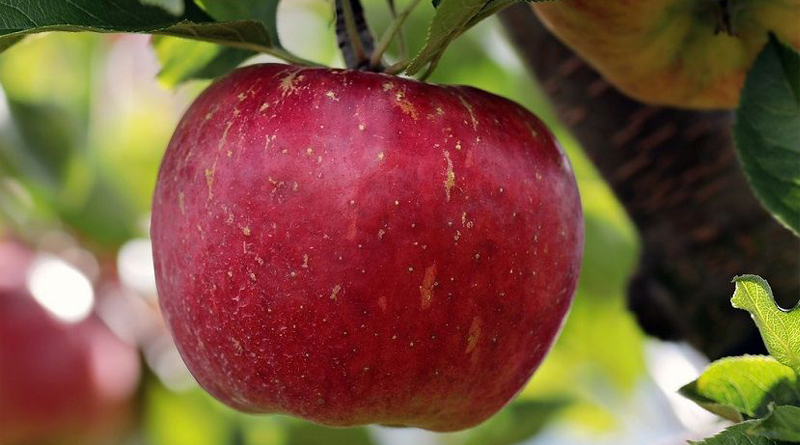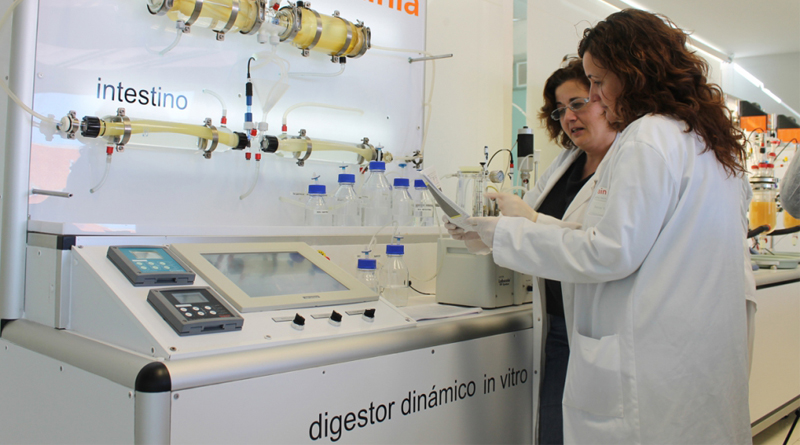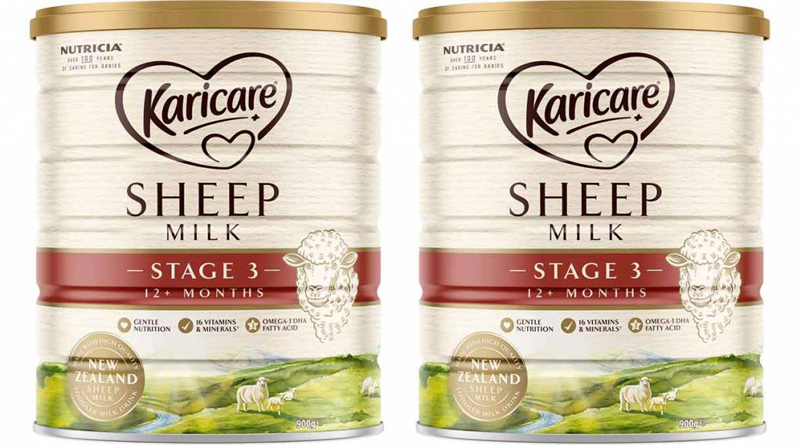Have you ever heard the phrase “an apple a day keeps the doctor away”? Well it seems like the beneficial effects the fruit may have for your digestive system are due to the beneficial bacteria it contains.
Research published by Frontiers: in Microbiology finds that an average apple contains at least 100 million bacteria. According to Professor Gabriel Berg, one of the authors of the research, in order to maintain a healthy intestinal environment, we actually require the important microbes found in apples. He also says that viruses, bacteria and fungus from our food constantly colonize our gut, adding that since cooking kills most of these, we still require raw vegetables and fruit as they are sources of important microbes.
As reported by The Guardian, the researchers conducted their investigation by comparing bacteria from store-bought organic apples. The Arlet cultivar was used for sampling and was cultivated in Styria, Austria. According to the published study, the researchers needed to extract micro-organisms, samples from the stem end, peel, fruit pulp and calyx end, the samples were homogenized in a Stomacher laboratory blender.
Researchers found that between organic and conventional apples, organic apples had better microbiota diversity in all parts of the apple except for the calyx end. This translates to the organic apples being more delicious and healthy compared to conventional ones. According to the study’s conclusion, conventional apples were found to harbor more potential food-borne pathogens.
For those who claim to taste a difference between organic and conventional apples, researchers have confirmed these claims. The scientific reasoning for this effect is due to a microbe known as methylobacterium, which enhances strawberry flavors, and is abundant in organic apples.
According to the lead author of the study, Brigit Wassermen, a follow-up study may be conducted in order to find out more about the correlation between the food microbiome and the gut’s microbial environment and how it can improve our health.
Source: The Jakarta Post










